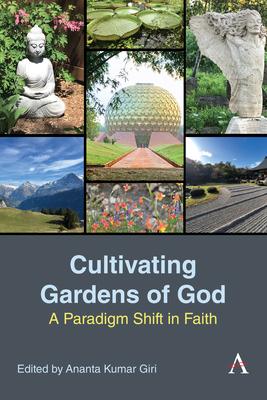In self, society, religion and politics we are used to the language and discourse of Kingdom of God. But in this God is presented as an omnipotent king who is also angry at slight deviation. We get glimpses of such powerful and angry God in Old Testament as well as in many other religious traditions of the world. In such a discourse and portrayal of God, we fail to realize that God is mercy, rahim, karuna and compassion. God is our ever-awakened nurturer and He and She is continuously walking and meditating with us with mercy as well as firm challenges for self-development, mutual realizations and responsible cosmic engagement and participation.
The vision and discourse of Kingdom of God have many a time been confined within a logic of power where we are prone to valorize God's power in order to valorize our own power on Earth, especially the logic of sovereignty at the level of self and society, rather than realize God's mercy. This has led to varieties of discourses of political theology in which we are much more preoccupied with power of God rather than God's mercy. God here is also a powerful patriarch. Political theology from Thomas Hobbes to Carl Schmidt has been linked to violence in religion and politics as well. In this book, we explore the challenges of rethinking and transforming the existing and conventional discourse of Kingdom of God to Gardens of God.
